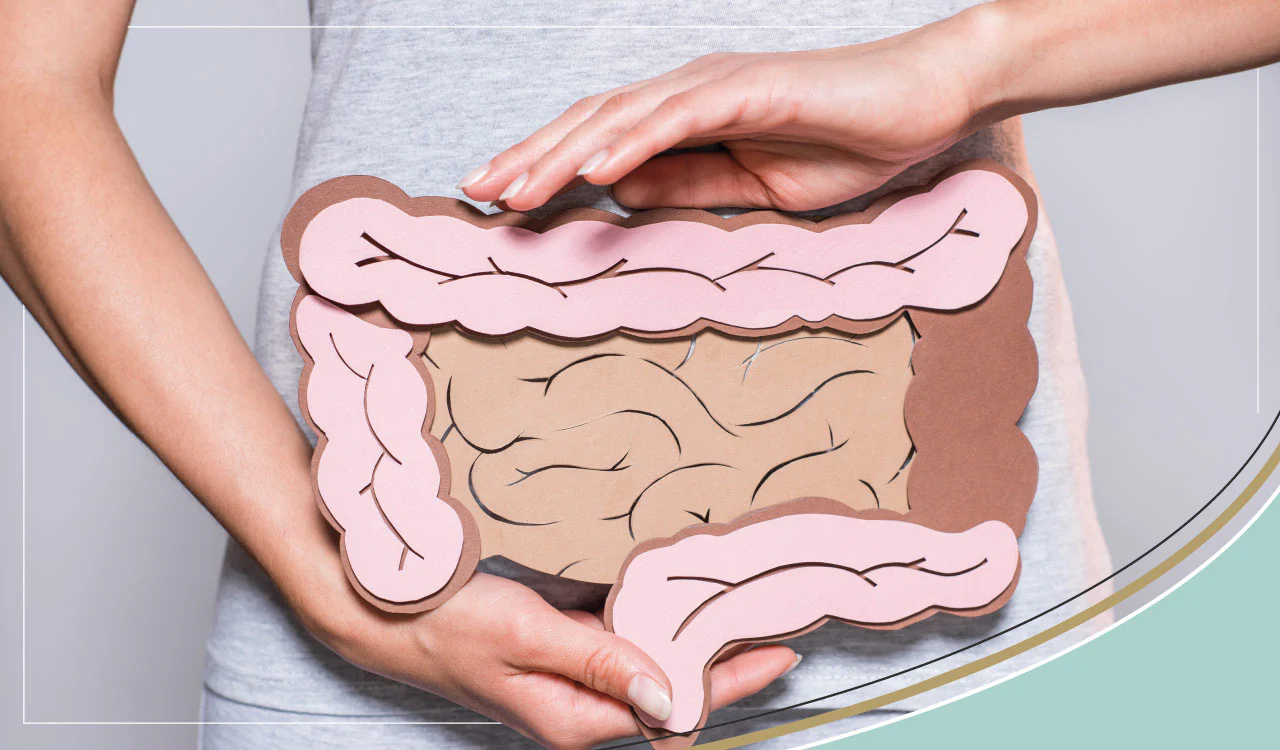Starting drug rehab can feel scary. You might feel nervous, unsure, or even ashamed. That’s okay. These feelings are normal. But getting ready in your heart and mind can make a big difference. Think of it like getting ready for a big journey—you pack your bag with courage, hope, and support.
When you prepare mentally and emotionally, you’re building strength from the inside. It’s not about being perfect—it’s about being ready to try. Rehab isn’t just about quitting drugs; it’s about finding a better, happier you. And you deserve that fresh start.
Understanding What to Expect in Drug Rehab
If you’re thinking about how to prepare mentally and emotionally for drug rehab, the first step is understanding what actually happens there. Knowing what to expect can ease your nerves and make the process feel less overwhelming. A Barrie drug rehab center isn’t a scary place—it’s a supportive environment designed to help you heal, grow, and take back control of your life.
What Is Drug Rehab Really Like?
Drug rehab is a treatment program where people get support to stop using drugs and start living healthier lives. It’s not a punishment or a place to be judged. Instead, it’s a chance to learn new skills, get help from professionals, and connect with others who understand what you’re going through.
In rehab, you will have a daily routine that includes therapy sessions, group talks, and time for rest. You might also learn ways to handle stress and avoid triggers that make you want to use drugs again. The goal is to help you build tools that last long after rehab ends.
Facing Common Fears About Rehab
It’s normal to feel scared or nervous about rehab. Many people worry about being away from family, missing work, or facing tough emotions. But remember, these feelings are part of the healing process. Staff at rehab centers are there to support you every step of the way. They want to help you feel safe and understood.
Why Knowing the Process Helps
When you understand what to expect in drug rehab, you can prepare yourself mentally. It’s like getting ready for a big trip—you know the schedule, the rules, and what’s coming next. This helps reduce fear and makes it easier to focus on your recovery.
Thinking about rehab as a place of hope and growth, rather than punishment, can change how you feel about the journey. With the right mindset, you’re already on the path to a healthier future.
Building a Strong Support System
When preparing mentally and emotionally for drug rehab, building a strong support system is one of the most important steps you can take. Having people who understand and encourage you can make the journey easier and help you stay motivated through the tough times.
Why Support Matters Before Rehab
Before you even enter rehab, support from family, friends, or others can give you strength. Addiction can feel very lonely, but knowing you’re not alone makes a huge difference. Support helps remind you that people care about your recovery and believe in your ability to change.
Talking to Family and Friends
It might be hard to open up about your decision to go to rehab, but honest conversations can help you feel less isolated. When you share your plans, you invite others to be part of your healing process. This can reduce shame and build trust with the people who matter most.
Finding Support Groups and Mentors
Besides family and friends, you can find support in groups or from mentors who have been through similar experiences. Support groups provide a safe place to share your feelings and learn from others. Mentors can guide you, offering advice and hope based on their own recovery journeys.
Setting Boundaries with Negative Influences
A strong support system also means protecting yourself from people or situations that might trigger drug use. Setting clear boundaries is about keeping your recovery a priority. It’s okay to say no to anything that could harm your progress.
Leaning Into Love, Not Shame
Remember, your support system is there to lift you up, not to judge or shame you. Surrounding yourself with positive, caring people helps build your confidence and gives you hope. Recovery is a team effort, and with the right support, you’ll feel stronger every day.
Managing Emotions Before Rehab
Preparing mentally and emotionally for drug rehab means understanding and handling the feelings that come up before you start. Managing your emotions can make this time less stressful and help you enter rehab with a clearer, calmer mind.
Common Emotions You Might Feel
Before rehab, it’s normal to feel a mix of emotions. You might feel scared about what’s ahead or guilty about your past choices. Some people feel angry or sad, while others might feel hopeful for a fresh start. All these feelings are real and okay to have.
Dealing with Guilt and Fear
Guilt and fear can weigh heavily on you. Instead of pushing these feelings away, try to face them gently. Remember that rehab is about healing, not punishment. Being honest with yourself about these emotions helps you move forward without carrying extra burdens.
Using Journaling or Writing
Writing down your thoughts and feelings can be a powerful way to understand what’s going on inside. Journaling lets you express fears or hopes without holding back. It also gives you a way to track your progress and remind yourself why you’re choosing rehab.
Practicing Positive Self-Talk
How you talk to yourself matters. Before rehab, try to replace negative thoughts with positive ones. Instead of saying, “I can’t do this,” try, “I’m ready to try and get better.” This simple shift helps build confidence and calm anxiety.
Calming Routines and Self-Forgiveness
Finding calming activities like deep breathing, meditation, or listening to music can soothe your mind. Also, practice forgiving yourself. Nobody is perfect, and making mistakes doesn’t mean you’re not worth healing. Letting go of self-blame opens the door to real change.
By managing your emotions before rehab, you prepare your mind and heart to face the journey with courage and hope.
Setting the Right Mindset for Recovery
One of the most important parts of how to prepare mentally and emotionally for drug rehab is setting the right mindset. Your mindset shapes how you handle challenges, stay motivated, and believe in your ability to change. Getting your mind ready can make all the difference.
Believing Change Is Possible
The first step is to believe that recovery is possible for you. It’s easy to feel stuck or think that things won’t get better, but hope is powerful. When you believe change can happen, you open yourself up to new possibilities and give yourself a real chance to heal.
Creating Personal Goals
Having clear, simple goals helps you stay focused during rehab. These goals don’t have to be big—things like staying sober for one day or learning a new coping skill are great starts. Goals give your journey direction and remind you why you’re working so hard.
Taking It One Day at a Time
Recovery can feel overwhelming if you think too far ahead. That’s why focusing on one day at a time is key. Each day is a fresh chance to make good choices and grow stronger. This mindset keeps stress low and helps you celebrate small victories.
Letting Go of Perfection
Nobody is perfect, and recovery is no different. You might slip up or face setbacks, but that’s okay. Accepting that mistakes are part of the process helps you stay motivated instead of giving up. Growth comes from learning, not from being perfect.
Using Motivation, Not Pressure
Try to focus on what motivates you instead of feeling pressured to “be perfect” or “do it right.” Motivation is about wanting a better life for yourself. Pressure can make you feel overwhelmed or stuck. When you use motivation, recovery becomes a choice you’re excited about.
Setting the right mindset prepares you to face rehab with courage and hope. It’s the foundation for lasting change and a healthier future.
Conclusion
Preparing for rehab is more than packing a bag—it’s about getting your heart and mind ready. With support, hope, and the right mindset, you can face rehab with confidence. Don’t be afraid to feel scared. You’re taking a strong step toward healing—and that’s something to be proud of.
READ ALSO: Tadicurange Disease: Mystery Illness or Misunderstood Condition?











